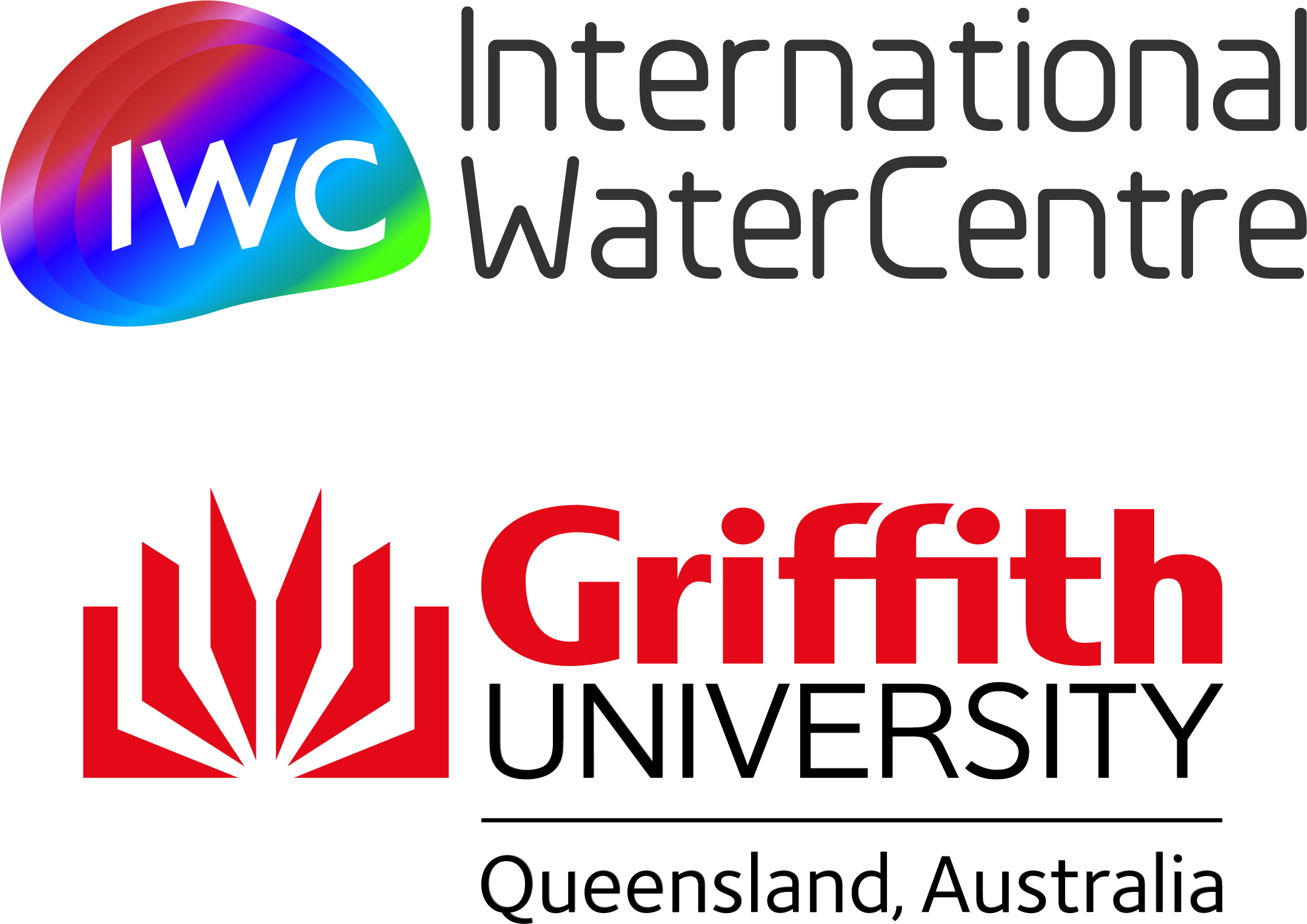Starting with ourselves, teams and organisations – Assessing GEDSI transformation in WASH
Delivered by: Water for Women, SNV Netherlands Development Organisation, CBM Global Inclusion Advisory Group, Sanitation Learning Hub
There is now abundant evidence that attention to gender equality, disability, and social inclusion (GEDSI), in programs and organisations, leads to better outcomes in water and WASH programs, achieving SDG targets and reducing inequalities in society at large. Diversity and equality of voice, opportunity and participation are critical to improving access and leaving no one behind. COVID-19 and increasing climate related hazards have shone a spotlight on the need to focus our attention more deeply and explicitly on GEDSI, and its importance to development outcomes.
To address GEDSI in ways that are meaningful, contextually appropriate and safe, we need to invest in processes, resources, capacities, knowledge and structures that support transformation at individual, program and organisational levels. Understanding our own attitudes and biases is a critical first step to supporting partners to build on their GEDSI capacity and knowledge, based on their own assessments.
The GEDSI Self-Assessment Tool (the SAT), co-developed by Water for Women and the Sanitation Learning Hub, is a practical tool that provides an opportunity for water and WASH teams to reflect on their current strengths, track progress and identify strategies to influence and drive GEDSI transformative change. The SAT is based on the Water for Women’s GEDSI Towards Transformation continuum, which provides a framework for teams to collectively reflect on and track their journey towards more transformative GEDSI practice in their programs and organisations.
Water for Women partner, SNV, has also contextualized the SAT for use by government partners and stakeholders at subnational level in Nepal, which enables them to review their efforts and achievements in WASH systems, reflect on the status of equitable, universal access to and use of WASH services, GEDSI status in households, communities and institutions, and to plan for innovative practice in strengthening inclusive WASH.
Learning or other Objectives:
This workshop will provide participants with an opportunity to:
- Develop a greater appreciation of the principle “change starts with ourselves”, and how personal changes and organisational leadership can influence changes in policies and practices at organisational and programmatic levels.
- Familiarise themselves with the why, who and how of the SAT and how it has been applied in a range of contexts.
- Explore what transformative GEDSI looks/can look like in WASH programming and organisations.
- Practice applying the tool to their own work contexts.


